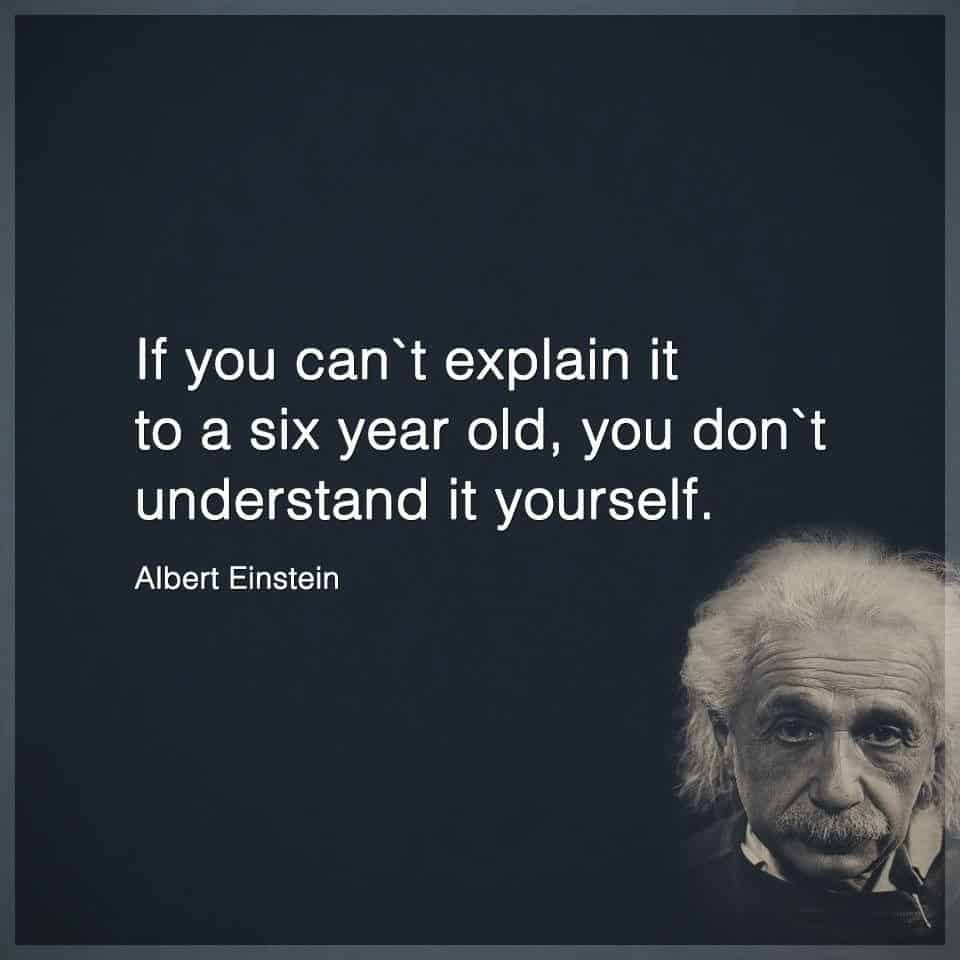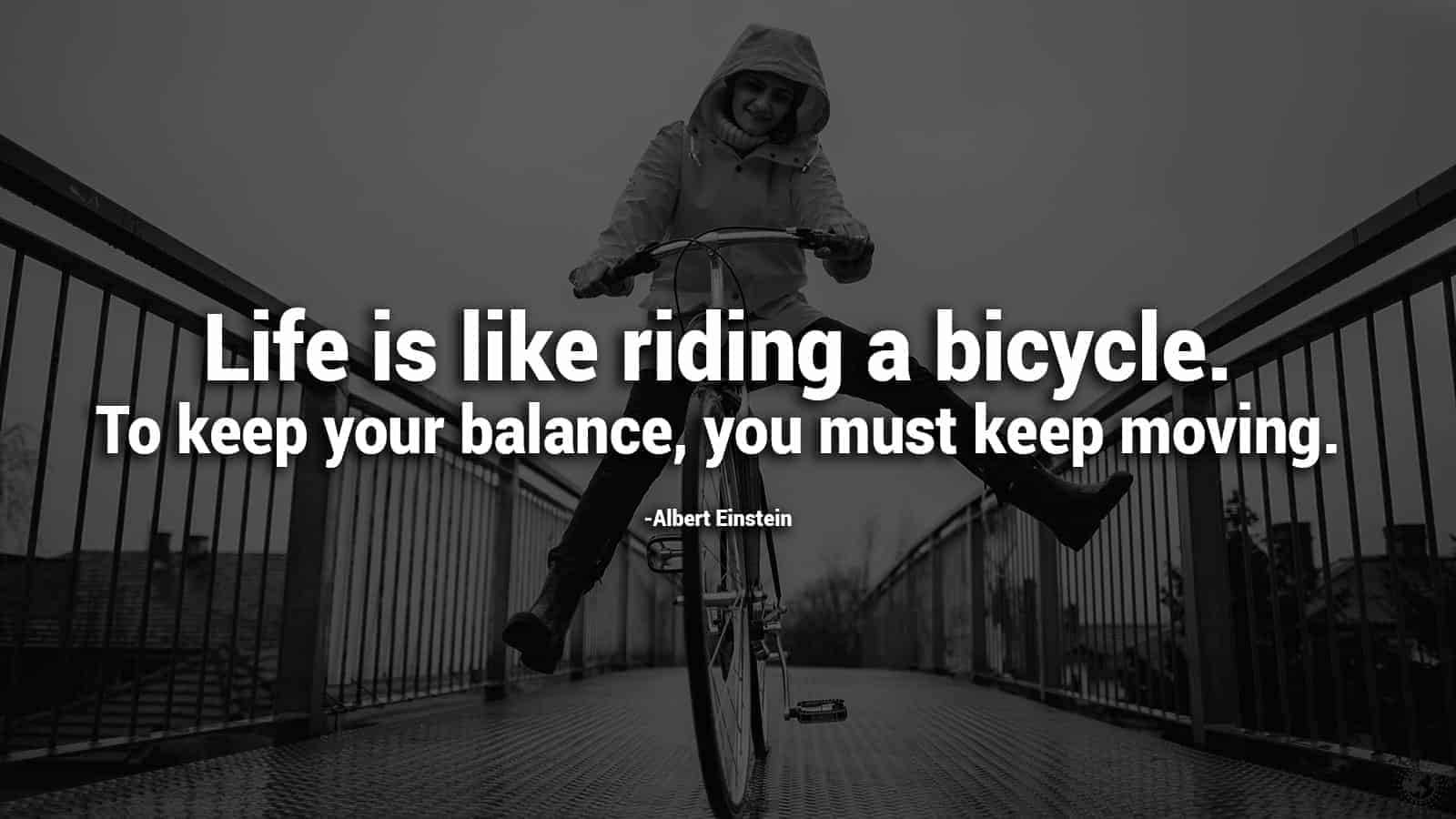Self-love and self-care aren’t about being self-centered and selfish. They’re not about a “me, me, me” mentality. They’re not about fighting against the world to express ourselves or to get what we want. Self-love and self-care are about loving ourselves for who we are and taking the time to care for ourselves. What would you love about yourself if there was no little voice of self-doubt buzzing around your ear? How would you care for yourself physically and mentally with unlimited amounts of time?
Self-love and self-care are simply about owning our own power, acting from a place of kindness toward ourselves, and taking the time to remind ourselves of this power and kindness. Both are essential to living a happy and healthy life. What is selfish about that? And when you practice these things, changes in your life begin to occur.
Here are 30 things that happen when we practice self-love and self-care in our daily lives.
When we love and care for ourselves…
1. We stop comparing ourselves to others and participating in a self-made competition. As a result, we’ll always be enough for ourselves and others
2. We lower our risk for depression, anxiety, hypertension, heart attacks, and other heart-related problems. It can also help to boost your immune system, lowering the chances you have to catch a cold.
3. We embrace our reality and stop blaming and fighting it. The struggle against reality becomes tiresome when you do not love and care for yourself.
4. We know that love is around every corner, not only from the love that we have for ourselves, but the love that we offer to others and the love we get from others. This love creates a more peaceful and accepting world around us.
5. We start living a life of abundance in every area of our lives without the need to fight or push to get it.
6. We allow for growth to occur in our lives. The more we grow, the more we spread love and joy.
7. We become energized to get back to living, loving, caring, helping, and serving.
8. We feel safe in knowing that will be there for ourselves through life’s journey. When others may turn their backs on us, we have the power of our self-love helping us get through all of life’s difficulties.
9. We practice more love and acceptance of others. When we love and care for ourselves despite our flaws, we begin to recognize that flaws don’t make up the entire person. When we realize this, we can then be more forgiving of others’ flaws, growing to accept them as part of a full package.
10. We know failures and setbacks get us one step closer to growth.
11. We know our significance isn’t dependent on what we produce.
12. We know that we’re enough and don’t need to prove ourselves
13. We create significant relationships with more harmony, peace, and space because we are providing our loved ones with a true representation of ourselves. When we are unable to share with others who we really are, conflicts arise in our relationships. But when we are able to share our true selves with others, our loved ones can clearly see and understand the person that we are.
14. We are not focused on loneliness, and can instead embrace a deeper connection and oneness with the world.
15. We feel at peace by accepting ourselves, our strengths, and our weaknesses unconditionally.
16. We become better caretakers for others with our refreshed spirit. When we try to take care of others with a broken spirit, we are ineffective in the love and care that we provide. Once we become balanced in the love and care that we provide for ourselves, we are better able to care for those around us.
17. We accept the mistakes and failures that come along with being human, inviting vulnerability into our lives.
18. We don’t care what others think or say about us because we know what ultimately matters most in our life is how we feel about ourselves.
19. We are more resilient and able to take on any challenge life throws our way, seeing these challenges as opportunities to learn and grow.
20. We allow our natural shine to easily show itself because we become unafraid of showing our true selves to others. This is because we love the person that we truly are without the fear and shame that come from hiding who we are.
21. We become better problem solvers because we tend to see the world more clearly.
22. We take responsibility for our lives, realizing that we are the source of all happiness.
23. We hold the power to alter our futures, careers, relationships, passion, compassion, empathy, and authenticity.
24. We are not controlled by fear because we recognize love as the strongest power.
25. We know what our purpose is and we live it. Our purpose can be hard to find and accept when we are not willing to love and care for ourselves in a proper way. Once we do, our life’s purpose becomes much more clear and we are able to plan and take action to fulfill that purpose.
26. We will accept when someone disagrees with us and will not worry about these disagreements as we recognize everyone is entitled to their own views.
27. We replace blame, shame, and anger with ownership and creation.
28. When realize that there is no truth in our stressful thoughts and turn them around by inviting stillness into our lives.
29. We become more creative, inspired, and open. As a result, we are not only producing great works of love and care, we become better problem solvers from our clearer awareness.
30. We inspire others to love and care for themselves. When others see the love and care that we give ourselves, they will notice the ways in which they can change their attitudes and lives to better love and care for themselves.
Final Thoughts on Living a Life of Self-Care and Self-Love
Feel free to lead a life that is full of self-care and self-love. Dispel any thoughts of this being selfish behavior. In fact, you cannot care for others unless you are well-cared-for yourself.
Feel free to comment your thoughts on this subject in the comments below. And, remember to follow PoP on Facebook.








